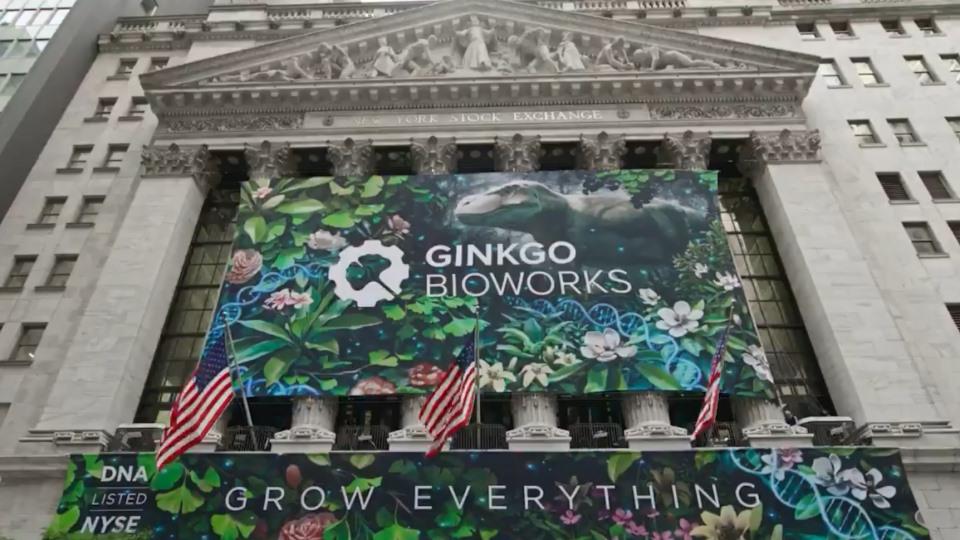Ginkgo Bioworks scales up again with M&A frenzy

Ginkgo Bioworks has been busy, announcing not just one but three acquisitions and the creation of a network backed by 25 partners that will offer ‘end-to-end’ services to R&D clients.
First, the acquisitions, which take the total number of companies snapped up by Ginkgo in the last few years to more than a dozen, extending the cell programming company's capabilities above and beyond the original focus on made-to-order cells that can be used to make biological products in pharma and other industries like food and materials science.
First up is Reverie Labs, a company that specialises in artificial intelligence and machine learning tools for drug discovery. Ginkgo has bought Reverie’s infrastructure and software for training foundation models – an ML framework that is trained on broad data and can be applied across a wide range of use cases across experimental design – building on its own efforts in this area.
Four of Reverie’s AI team are joining Ginkgo, including chief technology officer Ankit Gupta, who will become head of AI/ML advancement.
Next up is Patch Biosciences, which has built an AI used to design genetic medicines, as well as downstream assays, that will be used to bolster Ginkgo’s services to developers of gene, cell, and RNA therapies. The platform is designed to deliver more effective specific and durable genetic drugs, according to the company.
Last on the list of acquisitions is Proof Diagnostics, which includes gene editing pioneer Dr Feng Zhang of the Broad Institute among its founders. The company is focused on the development of low-cost, rapid, easy-to-use, and sensitive diagnostics based on CRISPR and other technologies. It also has a library of programmable nuclease enzymes (OMEGAs) that are smaller and easier to deliver to cells and can be used in the development of gene-editing medicines.
Details of the financial terms of the three acquisitions are scant, but Ginkgo has revealed that it has transferred stock worth $4.3 million to eight Patch employees and $3.5 million to four Reverie employees.
Finally, along with bolting on the new technologies, Ginkgo has formed a consortium with more than 25 partner companies to provide its customers with capabilities across areas like AI, genetic medicines, biologics, and manufacturing.
It plans to add new companies to the fold, extending the range of technologies on offer even further and helping to eliminate integration issues, siloing, and switching costs that can hold back projects.

According to Ginkgo’s head of AI and corporate development, Anna Marie Wagner, the alliance is concentrated on integrating diverse computational and experimental technologies and connecting AI with physical experimentation.
In a recent interview with pharmaphorum editor-in-chief Jonah Comstock, Wagner said that a core principle at Ginkgo is to automate a lot of the manual labour that is currently involved in biotech R&D so that scientists “can spend their time actually thinking about the science and designing experiments, rather than moving clear liquids around with their hands.”
“One of the things that is holding back the industry is the general lack of collaboration between inventors of technology across the industry. And I think part of that is because everyone is so product-oriented that they worry that if they license technology to each other, they basically both make the same product,” she added.
“If you look at other industries, like the tech industry […] folks build upon each other, they integrate with each other, and there are whole ecosystems of systems integrators that are bringing all of this technology together to serve the needs of a complex organisation. Why don’t we have that in biotech? It feels like a missing gap.”
Over the last 14 years, Ginkgo has worked to plug that gap, according to Wagner, creating a “scale AI” for biology, trying to ensure that customers have all the components they need for a project without having to manage multiple partners running to different timescales.
Of the latest development, she said: “I’m grateful to our inaugural network partners for taking this journey with us. The opportunities in biology are too great and the challenges too complex for us to take this journey alone.”












